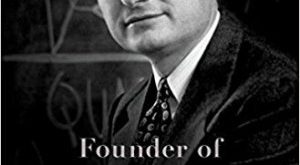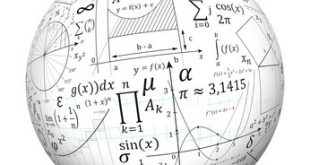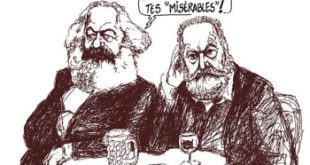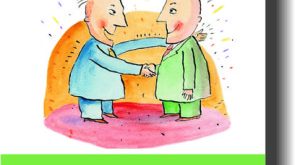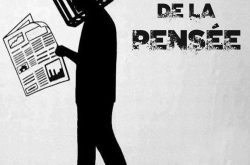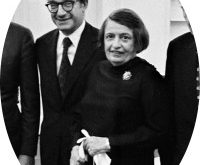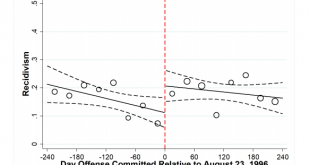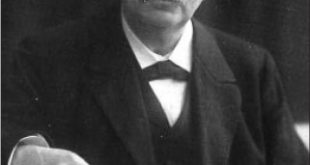[embedded content] Advertisements
Read More »Why some economists lie
Why some economists lie I think there is an element of truth in the view that the superstition that the budget must be balanced at all times [is necessary]. Once it is debunked, [it] takes away one of the bulwarks that every society must have against expenditure out of control. There must be discipline in the allocation of resources or you will have anarchistic chaos and inefficiency. And one of the functions of old fashioned religion was to scare people by...
Read More »Mathematics and economics
Many mainstream economists have the idea that because heterodox people — like yours truly — often criticize the application of mathematics in economics, we are critical of math per se. This is totally unfounded and ridiculous. I do not know how many times I have been asked to answer this straw-man objection to heterodox economics. No, there is nothing wrong with mathematics per se. No, there is nothing wrong with applying mathematics to economics. Mathematics is one valuable...
Read More »L’économie à l’épreuve des faits
L’économie à l’épreuve des faits [embedded content] Advertisements
Read More »Anatomie d’une triple crise
Anatomie d’une triple crise Des trois crises actuelles, l’environnementale est à la fois la moins immédiatement saisissable et sans doute la plus fondamentale au regard de l’effet transformateur qu’elle pourrait produire sur les sociétés. Il ne s’agit d’ailleurs pas à proprement parler d’une crise, laquelle suppose un « avant », un « pendant » et un « après » — une sortie de crise. Or, même à supposer que les pays industrialisés adoptent les mesures...
Read More »Respect is not a gift. It is something you have to earn!
Respect is not a gift. It is something you have to earn! Every now and then your truly gets some upset comments from people wondering why I’m not always respectful of people like Eugene Fama, Robert Lucas, Greg Mankiw, Edward Prescott, Thomas Sargent and others of the same ilk. Here’s a good hint at why it might sometimes be quite appropriate to be disrespectful: Why can’t I be serious and respectful? Well, the answer is that we’re not having a serious...
Read More »Jean Tirole et la police de la pensée économique
Jean Tirole et la police de la pensée économique Partisans de la concurrence non faussée, les économistes dominants la goûtent moins quand on les invite à la faire vivre dans leur profession. Reprenant une promesse de son prédécesseur Benoît Hamon, la ministre de l’éducation nationale Najat Vallaud-Belkacem s’était engagée en décembre 2014 à créer à titre expérimental une seconde section d’économie au sein du Conseil national des universités (CNU),...
Read More »Financial regulations
A couple of years ago, former chairman of the Fed, Alan Greenspan, wrote in an article in the Financial Times, re the increased demands for stronger regulation of banks and finance: Since the devastating Japanese earthquake and, earlier, the global financial tsunami, governments have been pressed to guarantee their populations against virtually all the risks exposed by those extremely low probability events. But should they? Guarantees require the building up of a buffer of...
Read More »IPA’s weekly links
Guest post by Jeff Mosenkis of Innovations for Poverty Action. Penny Goldberg of Yale will be the new World Bank Chief Economist, she and Nina Pavcnik wrote about their work on why opening up trade helped developing countries grow at VoxDev. An update on last week’s discussion of GiveDirectly’s 3-year effects findings (if you need a catch-up, see Justin Sandefur’s post which is also valuable for the review of other recent research at the end). The questions focused on what we can say on...
Read More »MMT — the Wicksell connection
MMT — the Wicksell connection Most mainstream economists seem to think the idea behind Modern Monetary Theory is something new that some wild heterodox economic cranks have come up with. New? Cranks? How about reading one of the great founders of neoclassical economics — Knut Wicksell. This is what Wicksell wrote in 1898 on ‘pure credit systems’ in Interest and Prices (Geldzins und Güterpreise): It is possible to go even further. There is no real need for...
Read More » Heterodox
Heterodox

